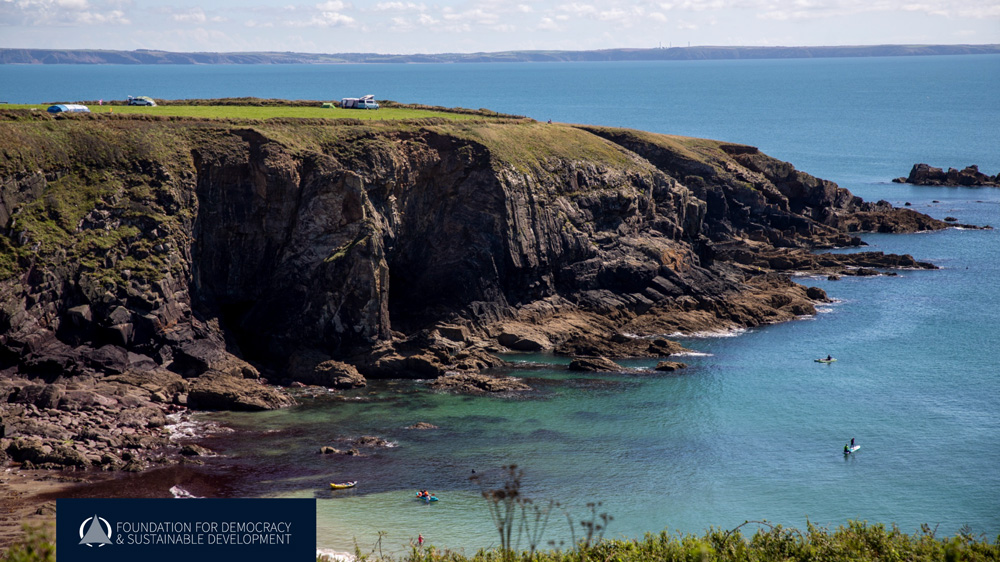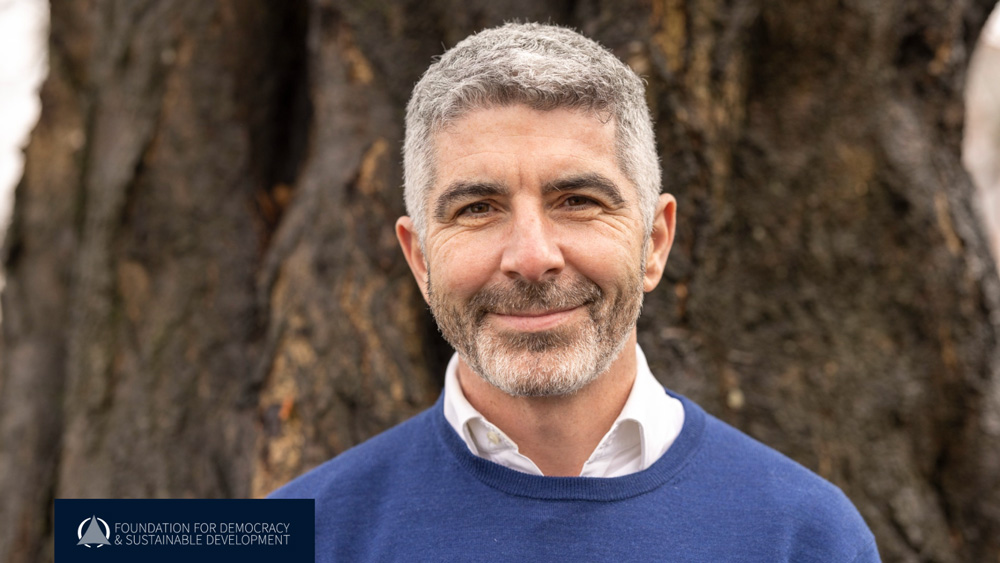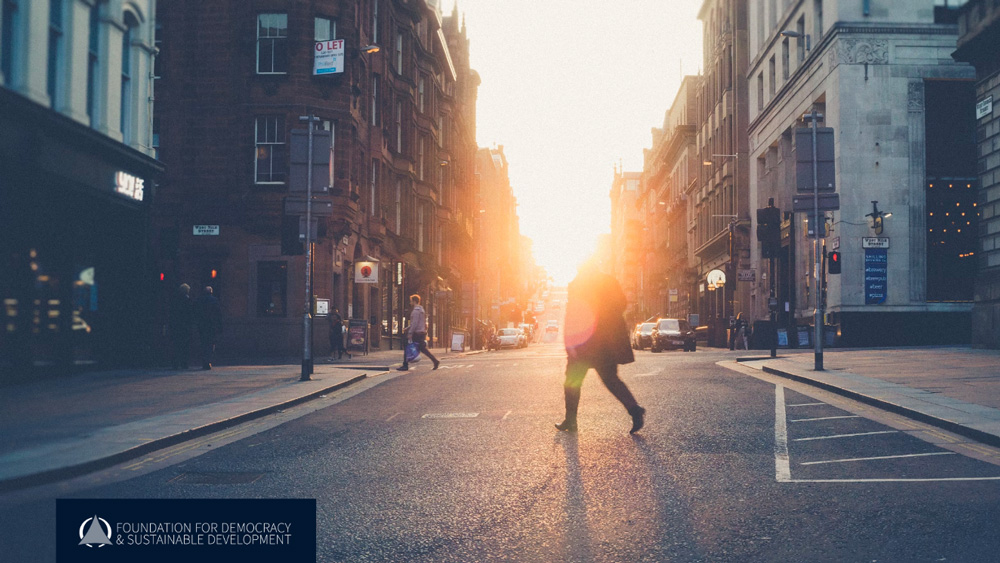Sophie Howe, Future Generations Commissioner for Wales, reflects on her first year in office.
The United Nations has said, “What Wales is doing today, we hope the world will do tomorrow – action more than words is the hope for our future generations”.
Listening and involving people in shaping and informing the focus of my work has been central to my way of working as the first Future Generations Commissioner for Wales.
Since taking up office in April 2016, one of my main priorities has been to get out and listen to people – whether they are the professionals with responsibility under the new legislation or other partners such as voluntary organisations and local communities.
During my first six months in office I met all 44 public bodies and frontline professionals in Wales – to listen and identify opportunities for promoting the the sustainable Development principle and the five ways of working in the Wellbeing of Future Generations (Wales) Act.
I have also contributed to more than 640 public engagements and meetings with ministers, voluntary sector leaders and experts. I have also spoken at national events including the Hay Festival and Royal Welsh Show to champion the Well-being of Future Generations Act and present the challenges and opportunities the act brings.
Throughout the many conversations, we have used the opportunity to test out innovative and collaborative methods to further develop our approach to public engagement.
For example, working with the Wales Audit Office and the Cynefin Centre, we created a survey for people to tell us about the issues they feel are important to them and their community, and to identify how they can help achieve our seven well-being goals. We received nearly 1,000 responses.
I have worked with the New Economics Foundation (NEF) to develop a ‘Future Generations Framework’ to show how organisations can make better decisions using five ways of working to maximise their contribution to the well-being goals set out in the act. While this was initially developed for infrastructure projects, we are testing the approach on other work to see if it can also support decision-makers apply the sustainable development principle. The framework can also be used to help the public promote the principle and challenge decision-making.
We have also worked with the Auditor General for Wales and Wales Audit Office to help drive the changes needed. If we work in partnership at an early stage, this will increase the positive impact of our statutory duties by providing a consistent approach to public bodies and public services boards.
We also set up a joint project with the Children’s Commissioner for Wales to help public bodies think about how they embed rights and sustainable development in their work to fulfil their obligations under the United Nations Convention on the Rights of the Child and the Well-being of Future Generations Act.
One of the main challenges in setting up my office has been the need to put sustainability into practice and be an example of how we are changing our ways of working to align with the act.
I initially focused on how my office could be sustainable and energy efficient. I was offered a shared space with the Welsh Language Commissioner which aligned with the collaborative approach to working as well as being cost effective.
The space needed to be refurbished. Allowing for the limitations of the existing infrastructure, our aim was to keep costs to a minimum and where possible build in energy efficiency into the redesign. So we upcycled fixtures, fittings and furniture from Welsh government stores, and we repurposed and repositioned existing partitions. We also put thermostatically-controlled valves on all the radiators, fitted energy-saving light bulbs, and installed some movement-sensitive lighting.
We have also been given access to free space within Bangor University and use of their video conferencing equipment which allows my North Wales-based staff to come together and avoid unnecessary travel to South Wales.
We are now bringing all our work together with an evidence base on the key issues, challenges and opportunities facing Wales. The next stage of the journey will be priority setting and creating a movement for change that will benefit people now and in the future.
Find out more about the work of the commissioner on the official website.



